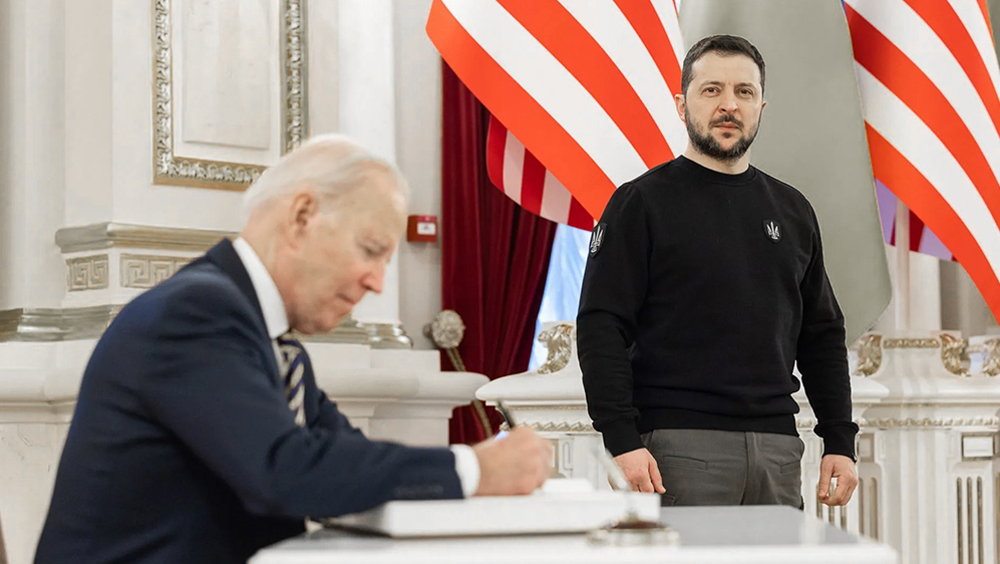Merkel concerned about US bans on Russia, too
German Chancellor Angela Merkel shares concerns with other European officials that the anti-Russia sanctions newly proposed by the United States could harm the European economy, her spokesman says.
German government spokesman Steffen Seibert said on Friday that the chancellor shared the concern about the proposed sanctions expressed in a joint statement by German Foreign Minister Sigmar Gabriel and Austrian Chancellor Christian Kern a day earlier.
“The US Senate’s decision raises exactly the same questions for her as it did for Mr. Kern and Mr. Gabriel. It is, putting it mildly, a peculiar move by the US Senate,” Seibert said.
The spokesman said it was “strange” that sanctions intended to punish Russia for alleged meddling in the US elections last November could lead to penalties against European firms.
“That must not happen,” he said. “We generally reject sanctions with extra-territorial effects, meaning an impact on third countries.”
In the Thursday joint statement, Gabriel and Kern said the proposed energy-specific sanctions should not be “threatening German, Austrian, and other European enterprises,” adding that the punitive measures were in contravention of international law.
The sanctions were approved by a margin of 98 to 2 on June 15, but it still needs to pass the House of Representatives and be signed by US President Donald Trump to become law.
In an interview with Reuters, German Economy Minister Brigitte Zypries accused Washington of undermining a joint approach with Europe on sanctions against Russia and threatened that Berlin would retaliate if the US president backed the plan.
“If he does, we’ll have to consider what we are going to do against it,” Zypries said.
The sanctions bill mainly affect companies cooperating with Russian oil and gas companies, including BASF, Shell, Engie, OMV, Wintershall, and Uniper taking part in the Nord Stream 2 project.
VIDEO | Iran eases the rules for exporting hand-woven carpets
VIDEO | Intl. Day for the Elimination of Violence against Women: A stark reminder of Gaza women
Australia denies ex-Israeli minister Shaked visa
VIDEO | 85% of Yemeni displaced people face daily hunger crisis
US House passes bill targeting charities and pro-Palestine groups
VIDEO | Supporting Gaza genocide
Hezbollah attacks Israeli forces after Lebanese homes blown up
World leaders, states hail ICC arrest warrants for Netanyahu, Gallant










 This makes it easy to access the Press TV website
This makes it easy to access the Press TV website